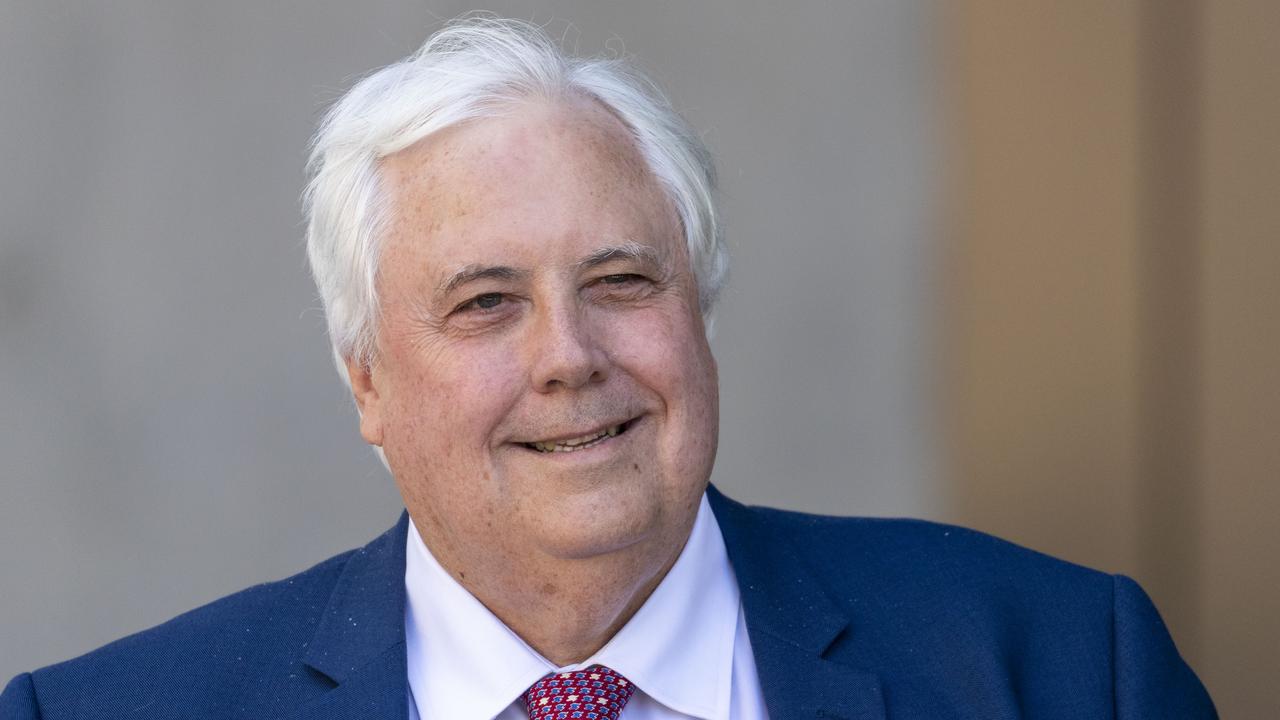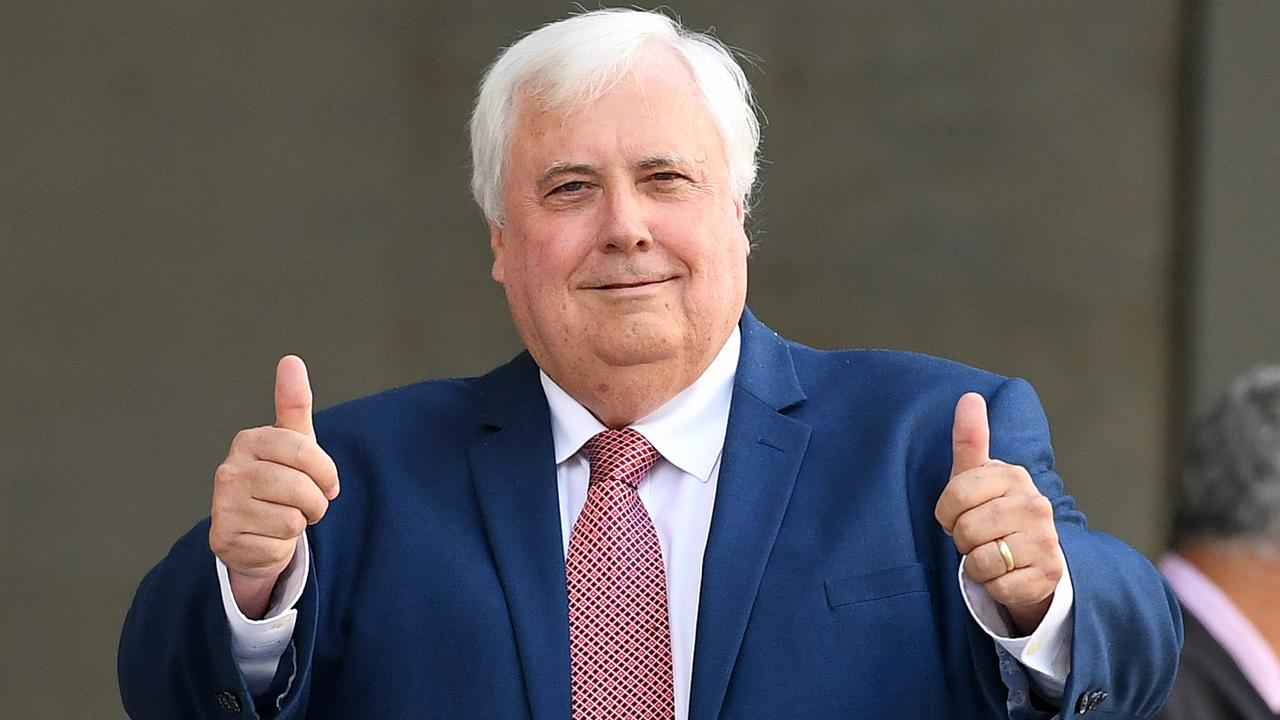Bankers question value of Clive Palmer’s nickel refinery
Clive Palmer’s claim that his Queensland Nickel refinery has $1.9bn in assets has been rubbished by bankers.
Clive Palmer’s oft-repeated claim that his embattled Queensland Nickel refinery has $1.9 billion in assets has been rubbished by investment bankers who specialise in selling similar projects.
The federal MP and Palmer United Party founder has frequently cited the almost $2bn in assets within Queensland Nickel as an indicator of the business’s financial health, despite the company’s executives having sworn that the refinery would be forced into administration and 767 jobs axed this month if new funding could not be found.
Several prominent investment bankers who work in the resources industry have told The Australian that the value attributed to the refinery by Mr Palmer appeared to have little basis in reality.
“Frankly, it defies comprehension that you could say a nickel refinery was worth $2bn if you had to sell it in today’s market,” said one veteran investment banker who has studied Queensland Nickel’s accounts.
The price of nickel has fallen to its lowest level in a decade, and trades at about $US3.90 a pound. That compares with forecast production costs at the Townsville refinery of $US5.36 a pound this year, and the $US6.38 a pound production cost averaged in the 2015 financial year.
The investment banker said the valuation must have been driven by “heroic” assumptions about the direction of the nickel price.
“You can make an asset look like it’s worth anything if you put the right assumptions into the model,” he said.
Mr Palmer’s claim that Queensland Nickel has more than $1.9bn in assets is underpinned by a $1.75bn valuation of the nickel refinery’s plant and equipment. The value attributed to the facilities was lifted from $448.6 million to more than $1.7bn in Queensland Nickel’s latest financial accounts, despite the nickel price falling from $US8.75 a pound to $US4.97 a pound over the 2015 financial year.
Another banker said the $1.9bn figure did not make sense: “That seems like an incredible value for something like that in this sort of a nickel market.’’
The bankers also noted that BHP Billiton had tried and failed to find a buyer for its Nickel West business in WA, which includes a refinery and a smelter, last year when the nickel market was in a healthier state.
Nickel West and Queensland Nickel are decades-old operations, and in the case of Nickel West potential buyers were said to have been put off by significant potential environmental rehabilitation requirements associated with the facilities.
One banker said the only potential interest in buying a refinery such as Townsville would come from China, but Mr Palmer’s increasingly acrimonious relationship with the Chinese-government backed Citic — which he has publicly described as “bastards” — meant Chinese parties would not go near any business venture linked to Mr Palmer.
“The only ones who could buy that are the Chinese, and they aren’t exactly his best mates at the moment,” one banker said.
The banker’s concerns about the refinery valuation reinforces the decision by Australia’s big four banks plus Queensland’s Suncorp to turn down requests from the refinery for loans. The Queensland government also last week declined Mr Palmer’s requests for financial assistance.
Mr Palmer has repeatedly said Queensland Nickel has a strong balance sheet.
Earlier this month he said the lack of bank support for the refinery and the resources sector should be “a matter of concern” for the Queensland and federal governments.
Mr Palmer effectively picked up the nickel refinery for free from BHP in 2009 when nickel prices were weak.
A subsequent rally in nickel saw the refinery return to profitability soon after the deal, but accounts filed with the WA Supreme Court earlier this month showed that the refinery has incurred accumulated losses before interest, taxation, depreciation and amortisation of more than $60m over the past three years.



